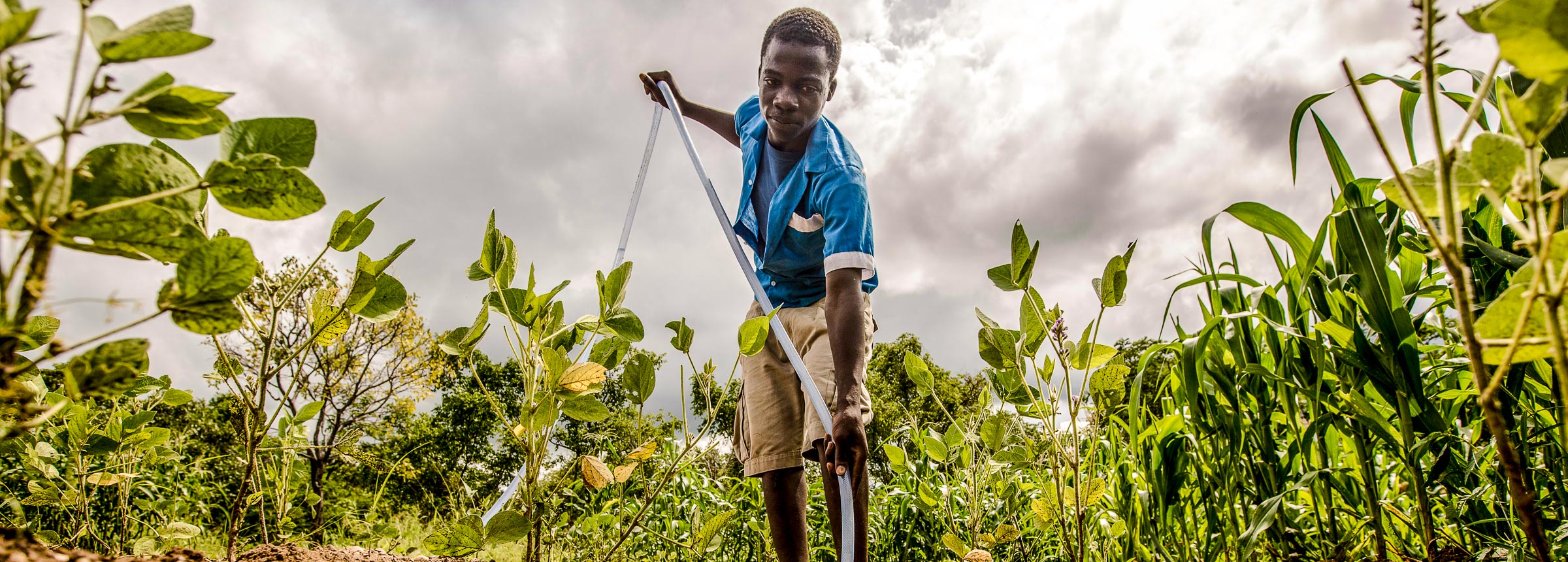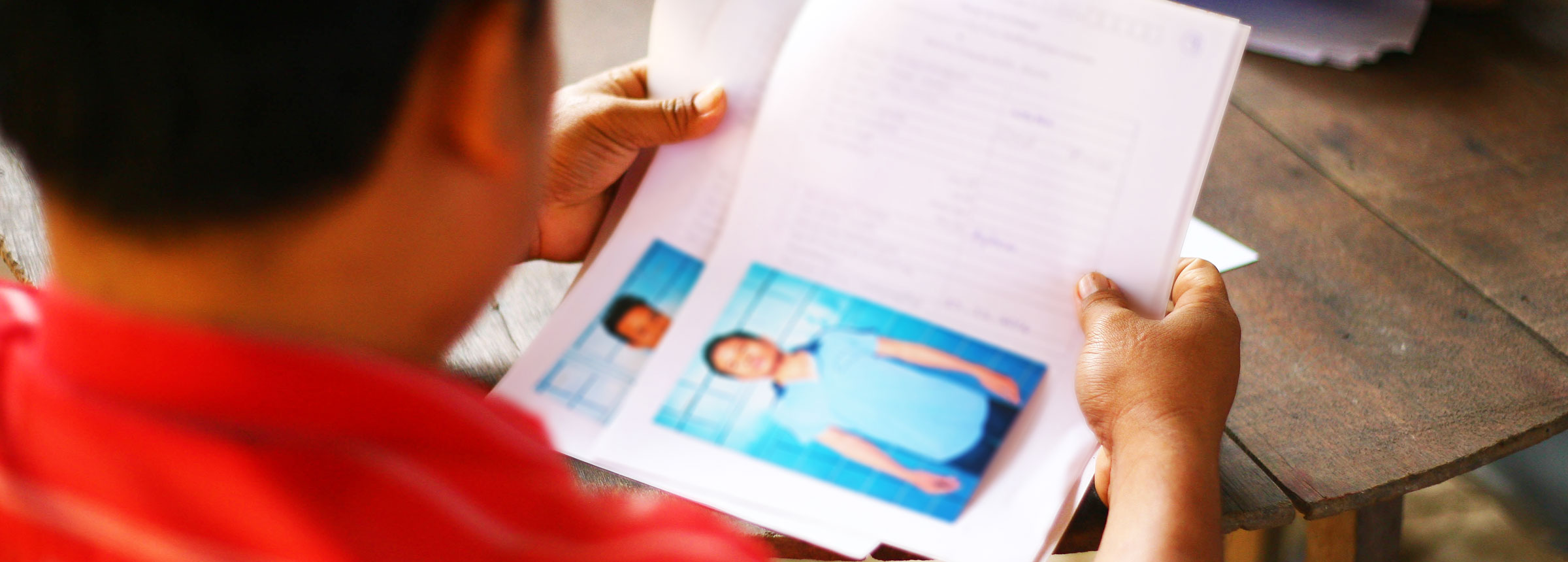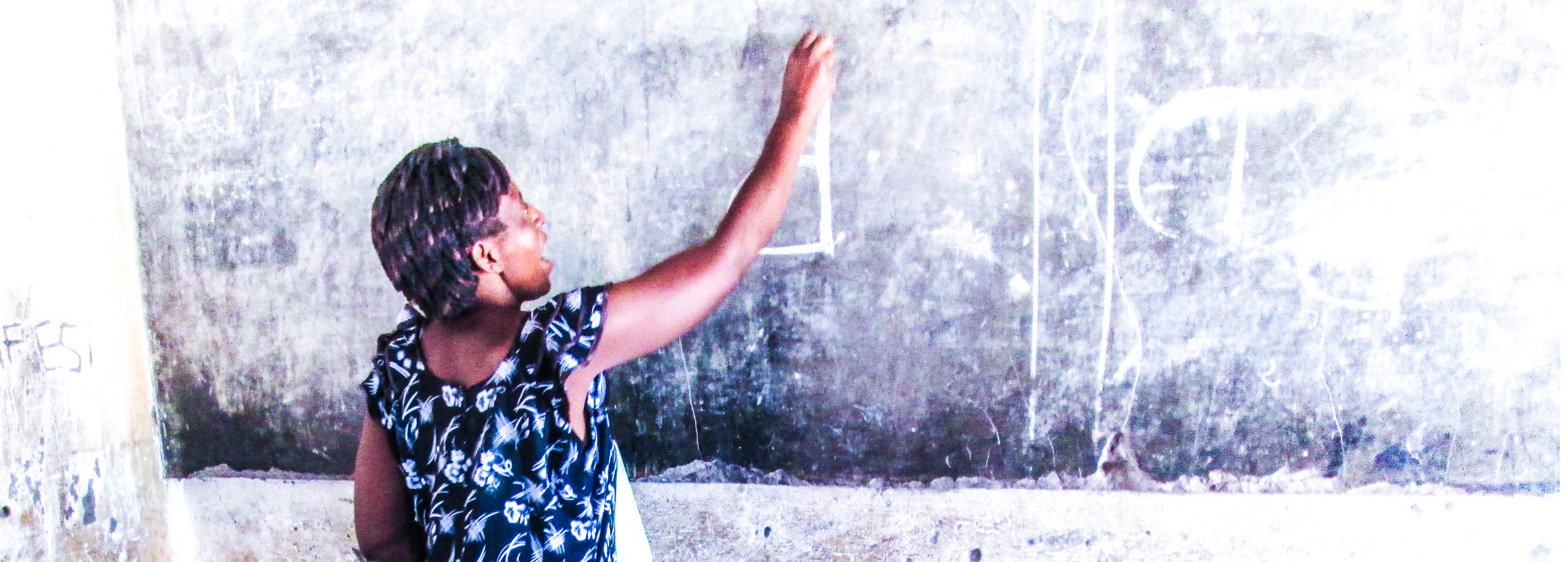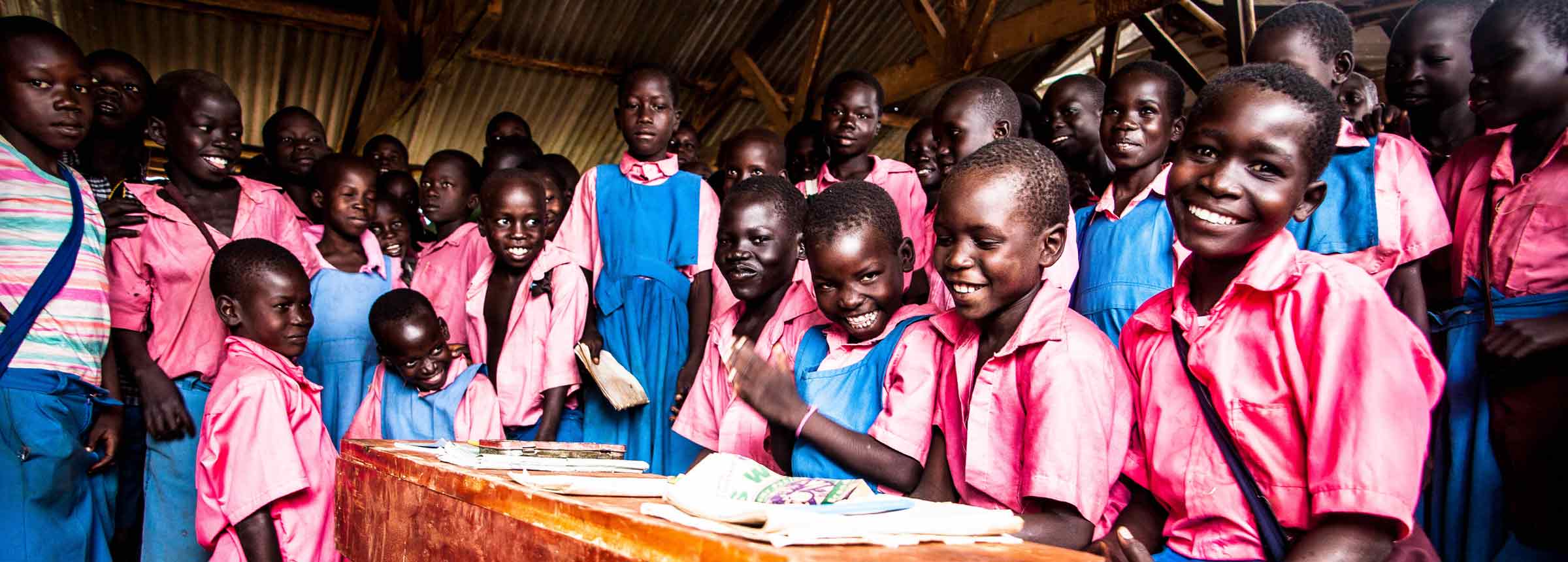Projects

ARISE
Social and economic factors push many children in Africa and Southern Brazil out of classrooms and into tobacco fields and other forms of child labor. This robs children and entire communities of the chance to forge a better future. Building on the initial successes of the Achieving Reduction of Child Labor in Support of Education…
Cambodia Countering Trafficking-in-Persons Program (CTIP)
Poverty motivates hundreds of thousands of Cambodians to migrate every month in search of employment opportunities. Many of those who leave are uneducated and have limited access to information, which makes them particularly vulnerable to human traffickers. Targeted at provinces with high prevalence of trafficking, this four-year program seeks to prevent trafficking through livelihood development,…
Ghana MOCA-Youth Project
Pressured by global demand for cocoa and by persistent poverty, many cocoa farmers and households in Ghana rely on child labor. With limited opportunities for education and few choices of livelihood in rural cocoa communities, youth 15 to 17 years of age are particularly at risk of engaging in hazardous child labor. Working in the…
ARISE Teacher Support Program
Overcrowded classrooms, low pay and limited professional development makes it hard to be a teacher in Malawi. And low teacher morale makes it tough for children to get a quality education. Japan Tobacco International, which sources much of its tobacco in Malawi and funds the ARISE pilot program there, is providing training and resources to teachers in…
